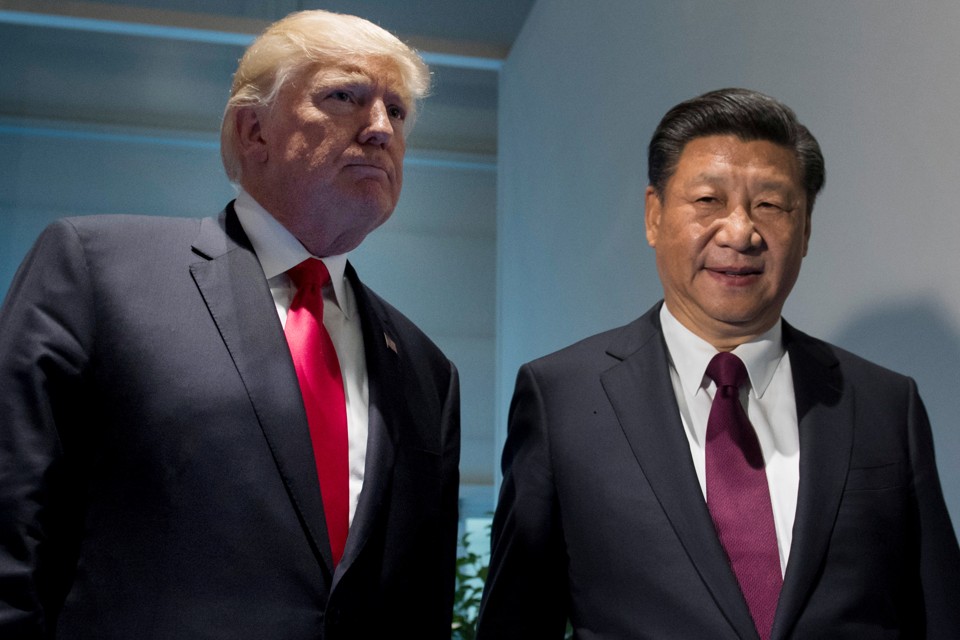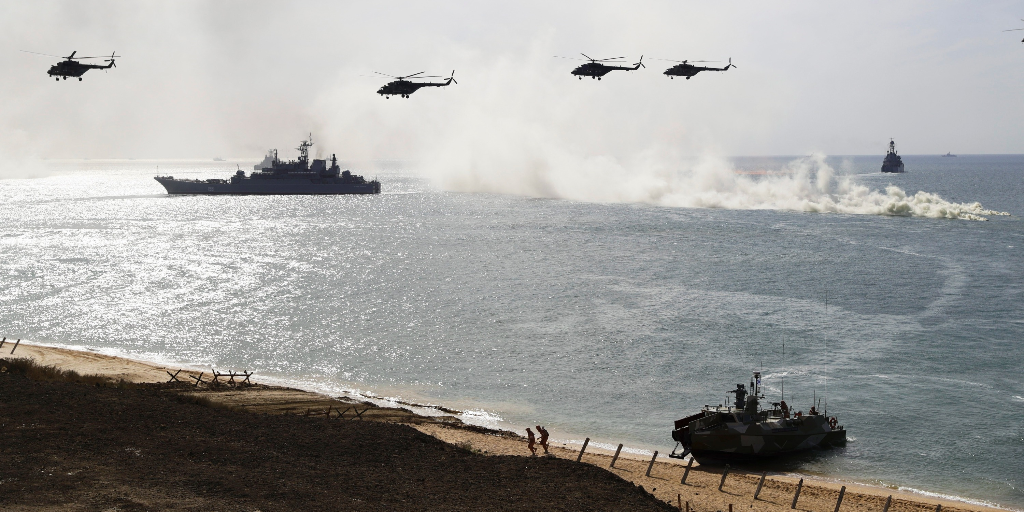By Austin Duckworth
 In less than six months, the XXIII Olympic Winter Games will begin in Pyeongchang, South Korea. But with an increasingly militant North Korea located less than 161 kilometers (100 miles) away, legitimate concerns have arisen over the event's potential disruption. Thomas Bach, the president of the International Olympic Committee (IOC), recently said he was closely monitoring the situation, adding that it would be a topic of discussion at the committee's upcoming meeting in Peru. Even so, it's hard not to wonder who will bear the responsibility of ensuring the safety of athletes and spectators in Pyeongchang. The answer has been constantly evolving for over four decades.
In less than six months, the XXIII Olympic Winter Games will begin in Pyeongchang, South Korea. But with an increasingly militant North Korea located less than 161 kilometers (100 miles) away, legitimate concerns have arisen over the event's potential disruption. Thomas Bach, the president of the International Olympic Committee (IOC), recently said he was closely monitoring the situation, adding that it would be a topic of discussion at the committee's upcoming meeting in Peru. Even so, it's hard not to wonder who will bear the responsibility of ensuring the safety of athletes and spectators in Pyeongchang. The answer has been constantly evolving for over four decades.
A defining moment for the question of the sporting event's security came in 1972. During the Munich Olympics, the Palestinian terrorist group Black September took 11 Israeli coaches and athletes hostage; all of them died during a botched rescue attempt by German authorities. At the time, the committee's leaders classified the incident as an "internal problem" for the German government. The IOC, they insisted, should not get involved. Even in the aftermath of the massacre, the committee paid little attention to security because of its long-standing conviction that politics and sports don't mix. When it became apparent that the world of international sports needed to take some sort of action, the IOC made sure to place the task in someone else's hands: those of the independently run local organizing committees established for each Olympic Games.



/arc-anglerfish-arc2-prod-mco.s3.amazonaws.com/public/ITQV3SZG6NHDPBH6BLG26IQDS4.jpg)








